The Dominican Armed Forces are committed to combatting transnational crime to maintain regional stability Combined and joint work to achieve regional security is important, said Dominican Army Major General Braulio Alcántara López, vice minister of Defense for Military Affairs of the Dominican Republic, during the 2018 Caribbean Nations Security Conference [ … ]
A Conversation With
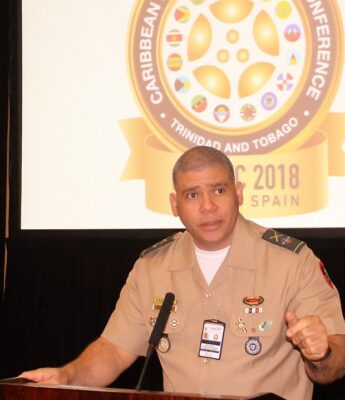
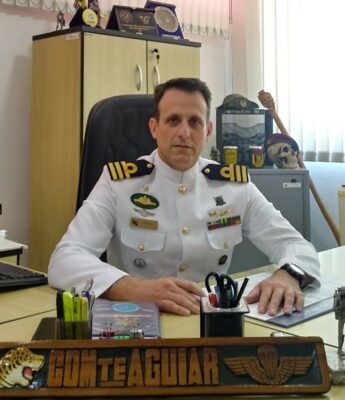
Combat Divers’ Group: The Brazilian Navy’s Elite Unit
The unit adapted to respond to national and international naval special operations. The Brazilian Navy’s (MB, in Portuguese) Combat Divers’ Group (GRUMEC, in Portuguese) was created in 1964, and gradually evolved while combining two different operational concepts: the U.S., based on beach obstacle demolition to support amphibious operations, and the [ … ]
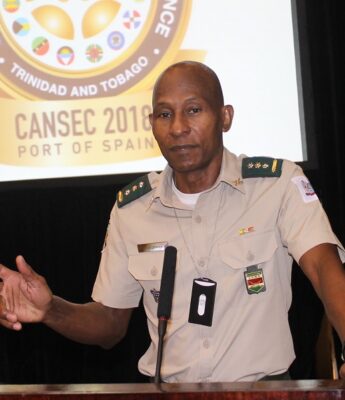
Suriname to Take Part in Regional Efforts to Counter Crime
The Suriname National Army wants to work closely with partner nations to counter security challenges. Colonel Henri Van Axeldongen, commander of the Suriname National Army, gave a clear message to Caribbean security and defense leaders: Suriname wants to cooperate and work together with regional partners to defeat criminal networks. Col. [ … ]
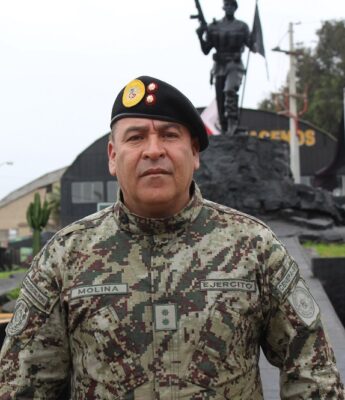
Peruvian Army’s 1st Special Forces Brigade Fights Terrorism and Narcotrafficking
Peruvian Army Brigadier General Hugo Antonio Molina Carazas spoke with Diálogo about the structure and challenges of one of Peru’s main elite forces. Operation Chavín de Huántar has been considered one of the most successful military rescue operations in modern times. The government of Peru carried out the operation in [ … ]
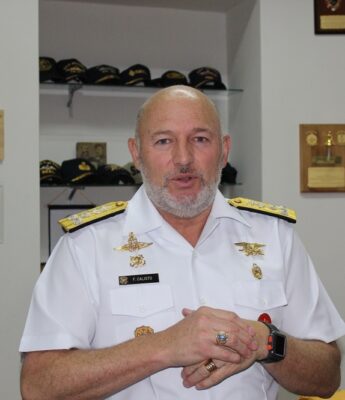
Peru Sets Goal of Eradicating Terrorist Remnants
The Peruvian Armed Forces’ Joint Special Operations and Intelligence Command coordinates the country’s counterterrorist operations. In October 2016, retired Peruvian Navy Rear Admiral Francisco Calisto Giampietri returned to active duty as a vice admiral to lead the Joint Special Operations and Intelligence Command (CIOEC, in Spanish) to, in his own [ … ]
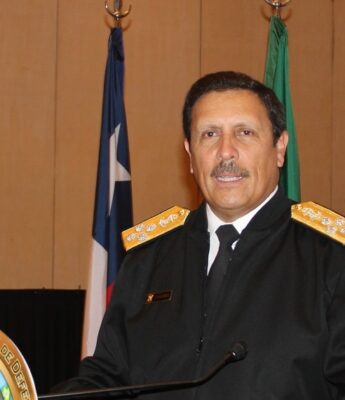
Peru, in Synergy against Narcotrafficking
The Peruvian Armed Forces interoperate to counter threats to national and regional security. The Peruvian Armed Forces work with professionalism and commitment to contribute to peace and face threats to national security. Peruvian Navy Admiral José Luis Paredes Lora, commander of the Armed Forces’ Joint Command (CCFFAA, in Spanish), said [ … ]
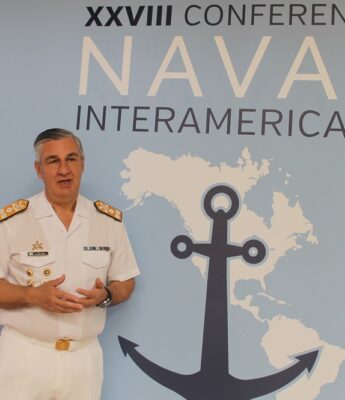
Argentine Navy Strengthens Combined Operations
The Argentine Navy conducts combined operations to strengthen doctrine, procedures, and training exchanges in different military areas. Vice Admiral José Luis Villán, acting chief of the Argentine Navy General Staff, seeks to optimize combined work at his military institution. Since taking office in December 2017, Vice Adm. Villán focuses on [ … ]
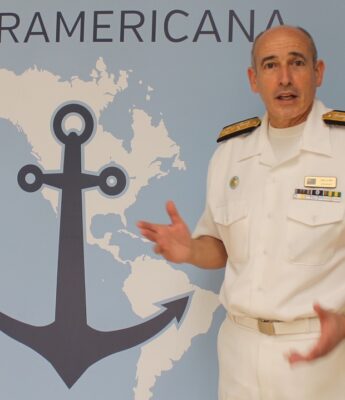
Uruguayan Navy Committed to the Fight Against Narcotrafficking
The military institution joins regional efforts to counter transnational criminal organizations. Admiral Carlos Eduardo Abilleira Aris, commander of the Uruguayan Navy, wants to transform his military institution into a more efficient and operational organization. To do so, he focuses on consolidating the Marine Corps Command and unifying Maritime Traffic Control [ … ]
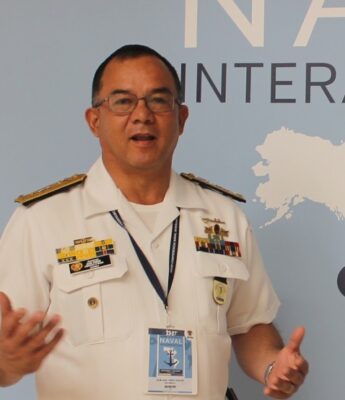
Guatemala Joins Common Effort against Narcotrafficking
The Guatemalan Navy carries out combined operations with regional countries to block narcotrafficking. Combined work and real-time information sharing with regional partners are institutional priorities for the Guatemalan Navy. Its commander, Vice Admiral Juan Randolfo Pardo Aguilar, is “all in” with navies of the region to counter narcotrafficking threats and [ … ]
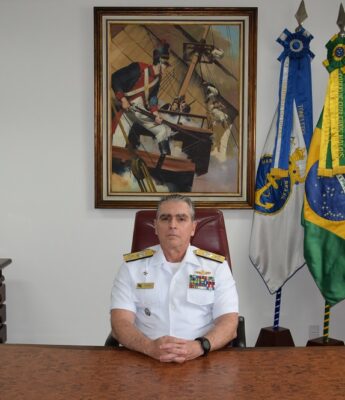
Interoperability: Essential to Operate in a Multinational Environment
The Fleet Marine Squad (FFE, in Portuguese) of the Brazilian Navy’s (MB, in Portuguese) Marine Corps was created after World War II, when MB saw the need to establish a modern force with amphibious capabilities. FFE contributed to the security of the 2014 World Cup and 2016 Olympic Games, as [ … ]
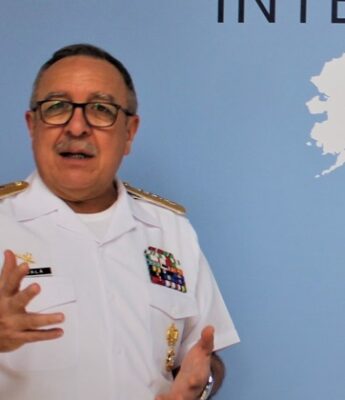
Mexican Navy, Leading the Way in Information Exchange
The Mexican Navy signs cooperation agreements to build mutual trust among navies of the hemisphere and contribute to the fight against narcotrafficking. Admiral Luis Gerardo Alcalá Ferráez, chief of the Mexican Navy General Staff, believes that experience gained in recent years demonstrates the importance of international cooperation and coordinated work, [ … ]
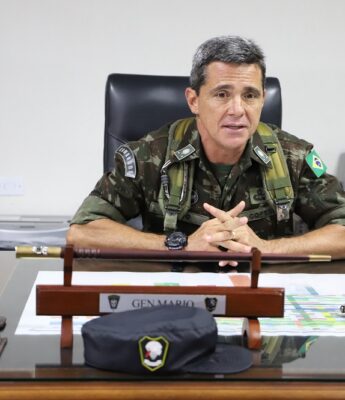
Mission Given, Mission Accomplished
The Special Operations Command brings together elite units from the Brazilian Army. On August 10, 2018, Brazilian Army (EB, in Portuguese) Major General Mario Fernandes assumed command of the Special Operations Command (COpEsp, in Portuguese), one of EB’s greatest operational commands, located in Goiânia, Goiás state. Maj. Gen. Mario relieved [ … ]






